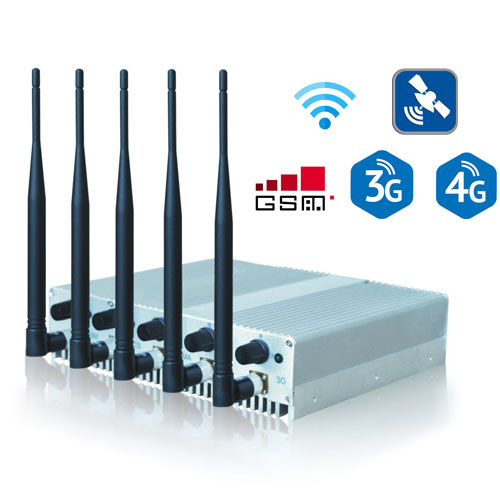Read this carefully and remember: from now on you will be watched. Does it sound awesome or scary to you? Take a good look at the stranger at the other end of the hall. Although it looks like he's talking on his smartphone, he actually takes pictures of you using a special app. And thats just the beginning. At that morning meeting last Tuesday, when you made that outrageous joke about your new boss, your colleague's smartphone, lying quietly at the table, recorded every word you said. Later that night when you were in the restaurant and joke the waitress in a flirtatious but innocent joke, someone videotaped the entire interaction.
At first glance, it seems that there is nothing you can do to prevent things like this from happening again and again. Millions of smartphones around the world mean millions of active recording devices ready to quickly capture any word or movement. And when these recordings are made, it is no big deal to throw pictures, videos or audios on the internet and share them with everyone. Maybe there is some way to prevent all of this? Let's see. Perhaps someone smart enough will create a cloak of invisibility like in fantasy films, or companies may use cues from James Bond films and develop high-tech counter-surveillance devices that allow us to move around in public without worrying about potential privacy issues to have to worry.

In fact, it might be the companies we already know well, especially since there is already some type of technology that I am talking about. For example, late last year Apple patented a new technology that allows an iPhone's camera to be easily disabled using infrared sensors aimed at the camera. It was developed to prevent film piracy. But even ordinary people can use such a device in advance. Todd Morris, founder and managing director of surveillance and surveillance company BrickHouse Security, said some early technologies existed to protect people from intentional recording. For example, any woman can use a wireless camera detector in the locker room to find out if a hidden camera is installed in her clothing. Yes, that happens and quite a bit.
There are some limits, however, as the changing room or business office is completely different from the large and crowded public space. For example, if you use this Apple device that disables the camera, you will definitely make a lot of people feel annoyed just to imagine some sights or to take photos to remember friends. The same is partially true for gsm jammer, but it can vary from place to place (for example, the cinema must definitely have such devices in order to make the visitor's experience uninterrupted and thus even better).
"While you don't wear a fake mustache or stocking over your head, no one in a large crowd can prevent them from being secretly pictured," claimed Todd Morris. "In these cases, we need to use our technology to fight technology only at the server level using algorithms that say," Don't post this photo of me on the internet. "" If these companies can tag someone on the internet by simply recognizing their voice or even their face, they should be able to remove them the same way. However, when everyone starts using those Google glasses and other augmented reality glasses, we will face the new type of surveillance as they are likely to record everything they see.
Tony Fadell, founder and CEO of Nest Labs (company that makes smart thermostats) said cloaking devices would definitely be available to ordinary people so they can protect their privacy. What he calls audio cloaks would be a high-tech hat that pours flat sounds from above and prevents anyone from recording your chatter. However, camouflaging images is a much more difficult task, he added. Other possible counter-recording technologies include a necklace that emits infrared light and simply blurs any images taken in your direction, or a radar-like clock that vibrates whenever an audio recorder is active nearby.

"Most of the surveillance is organized by governments who want to lower the percentage of criminal activity in their countries by watching us all at once," says David D. Cole, a law professor at Georgetown University who specializes in national Specializes in matters of security and constitutional law. "The government sees earth-shaking opportunities in technology in the near future," said Cole, "because it enables it to expose many crimes and misconduct more quickly and effectively." However, companies like Jammer Welt Inc. will continue to develop technology that will help citizens protect themselves from their own government and prevent authorities from recording your every move and word.
"If you remember the speed cannons that were set up on the country's highways, detectors were designed to allow you to put them in your vehicle and spot patrol officers with those radars," added Cole. These detectors are illegal to use in many states, although they are still used. Therefore, other technologies of the same kind are popular, and new ones will be popular too. Mr Cole said, "I think that perhaps the biggest problem of our time is how our privacy rights, which are part of our democracy, are upheld in the face of technological advances?" I think if governments couldn't get this right, people would be using similar technologies to protect their privacy in the way it should be. And if you are one of them, you can protect yourself from the world of the smartphone too.
How do you like the current state of affairs? What do you think of future technological developments and possible data protection problems? Do speak your mind in the comments!

